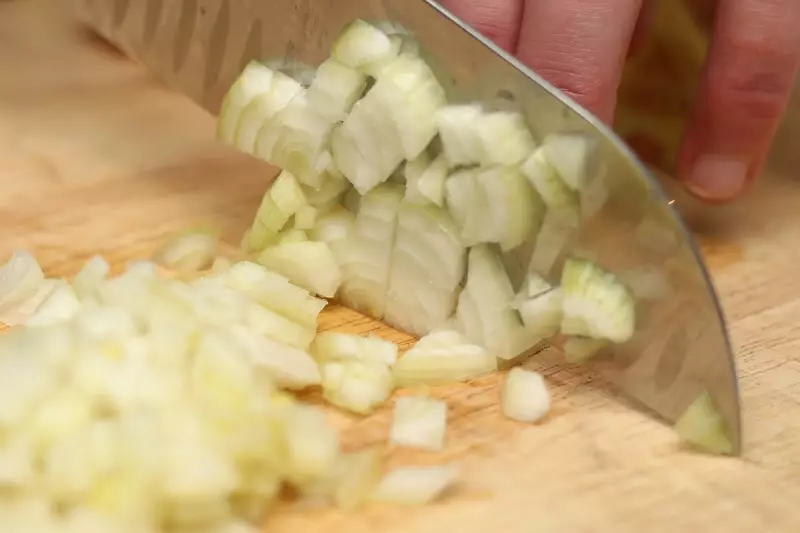
For generations, home cooks and professional chefs alike have battled the inevitable sting of onion tears, but now scientific research has finally decoded exactly why these humble vegetables turn us into weeping wrecks - and more importantly, how to prevent it.
The Chemical Culprit Behind the Tears
According to recent biochemical studies, the tear-jerking process begins when an onion's cells are damaged during cutting. This damage triggers the release of an enzyme called lachrymatory-factor synthase, which converts sulphur compounds in the onion into a pesky gas known as syn-propanethial-S-oxide.
This volatile compound then wafts upward toward your eyes, where it reacts with the water layer protecting your cornea to form sulphuric acid. "It's this mild acid that creates that familiar burning sensation," explains food scientist Dr. Maria Jones. "Your eyes respond by flooding with tears in an attempt to wash away the irritant."
Kitchen-Tested Solutions to Stay Dry-Eyed
Fortunately, researchers have identified several effective methods to outsmart this chemical defence mechanism:
- Chill before chopping: Refrigerating onions for 30 minutes before cutting slows down the chemical reactions that produce the tear-inducing gas
- Use a sharp knife: A clean, sharp blade causes less cell damage than a dull one, releasing fewer irritants
- Work near running water: The moisture can help trap the volatile compounds before they reach your eyes
- Employ proper cutting technique: Leaving the root end intact until last reduces gas release, as this area contains the highest concentration of sulphur compounds
Why Evolution Designed This Tearful Defence
This chemical defence system didn't evolve to make cooks miserable. "In nature, this mechanism protects onions from being eaten by animals and insects," explains botanist Professor Alan Smith. "The same compounds that make us cry are actually toxic to many smaller creatures that might otherwise feast on onion bulbs."
The research team notes that while we can't change onion biochemistry, understanding it gives us the power to work around it. "Knowing why onions make us cry is the first step toward cutting them tear-free," concludes Dr. Jones.





